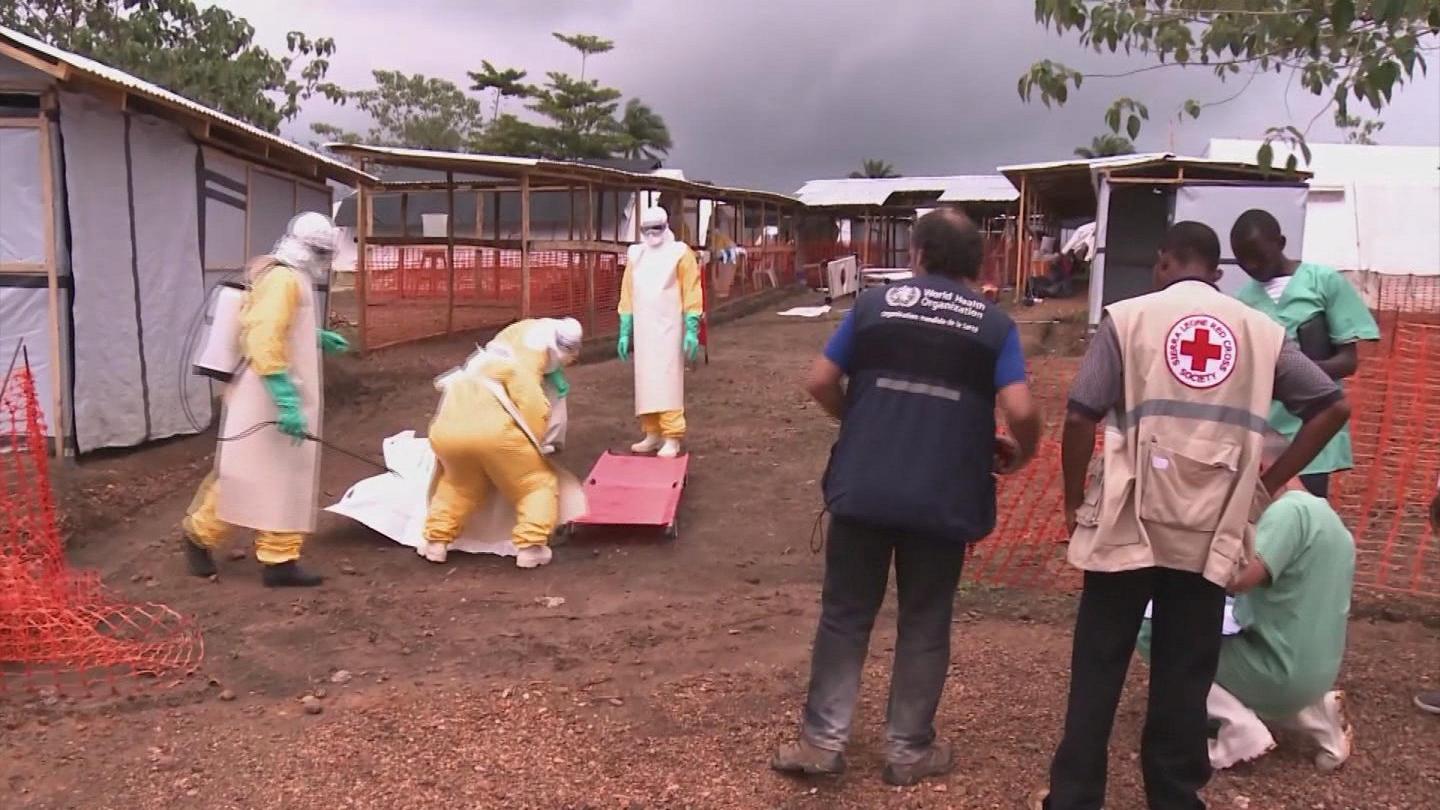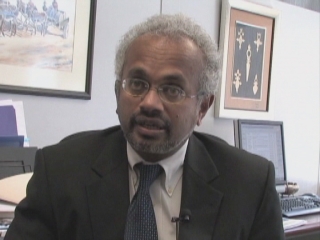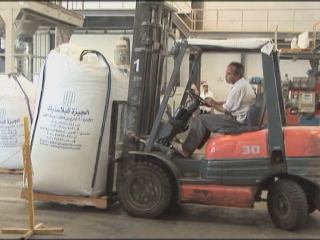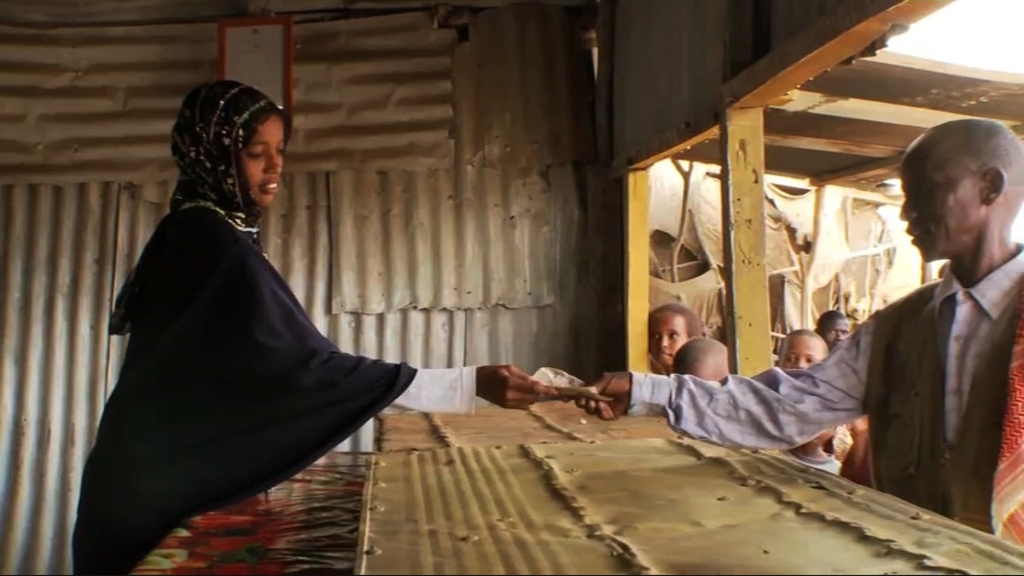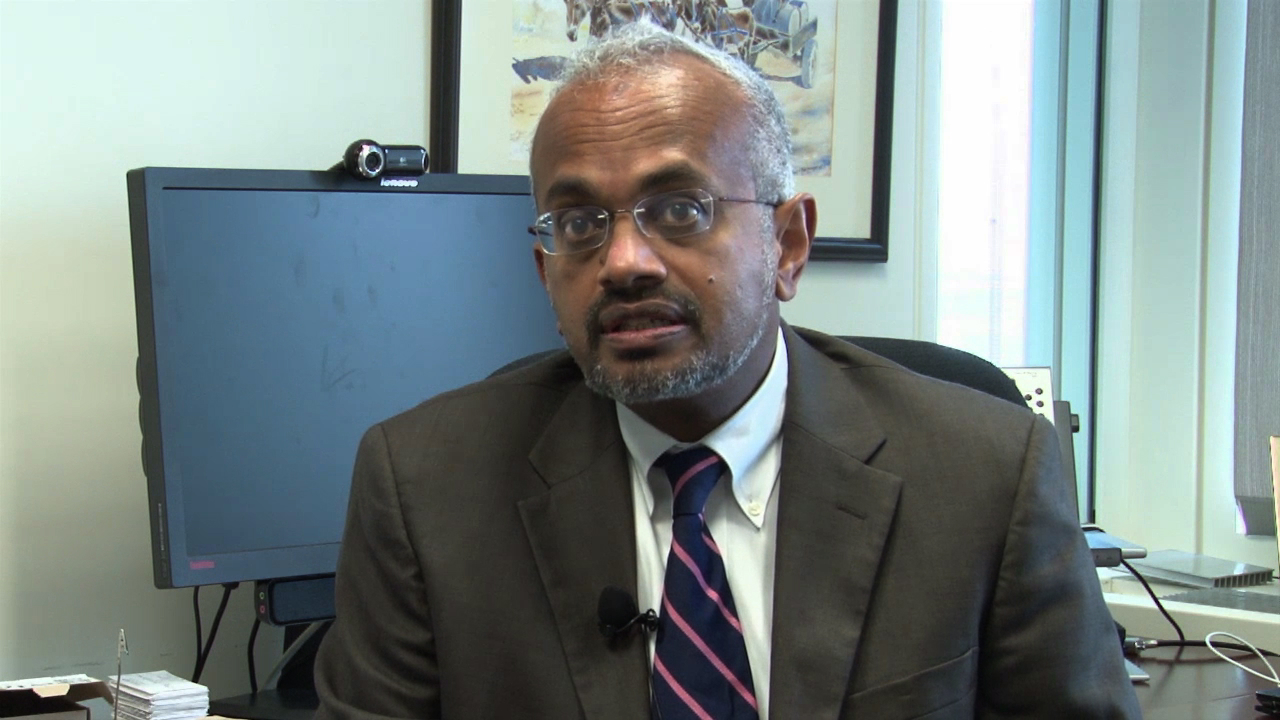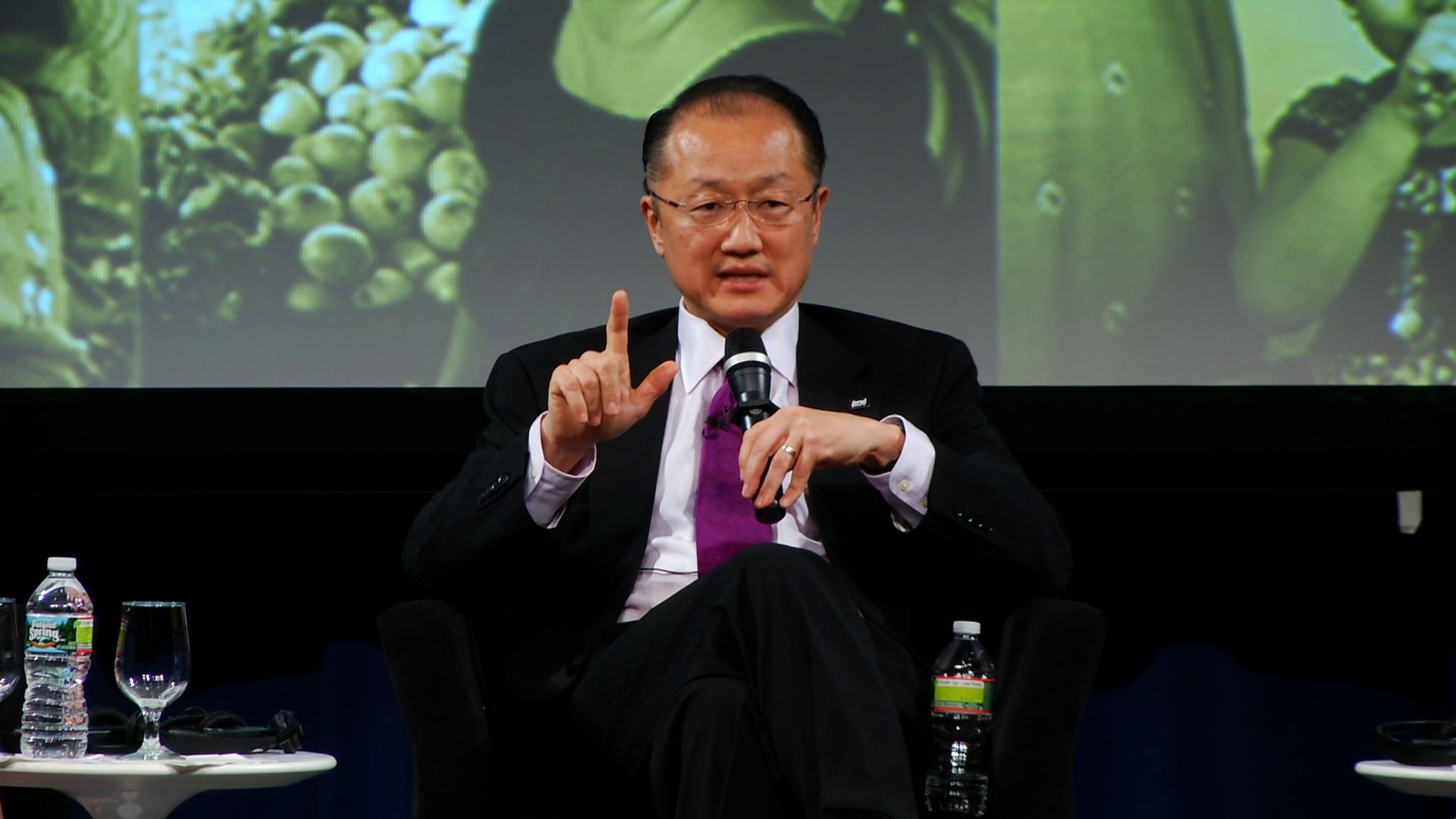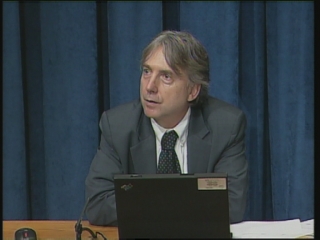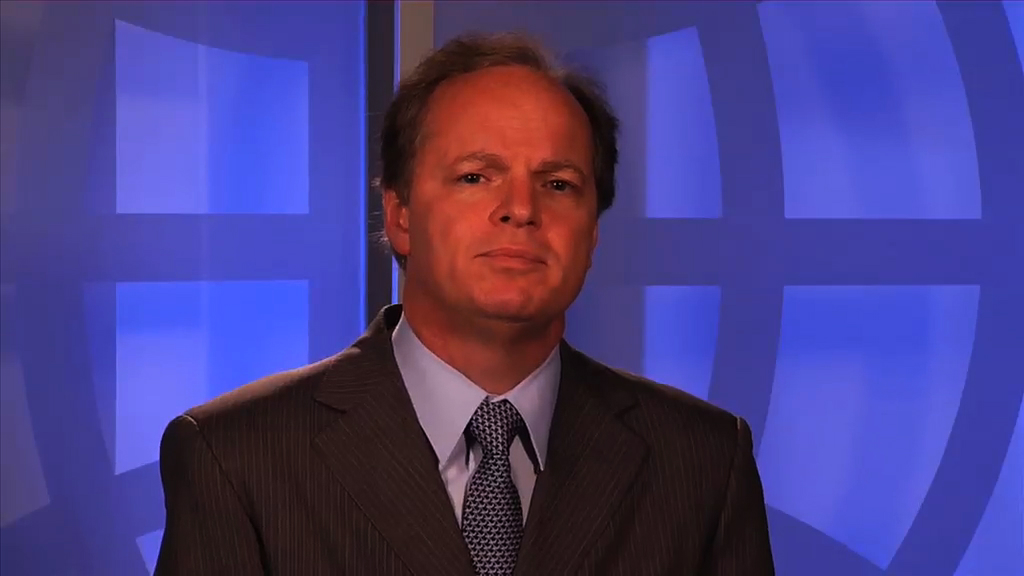Unifeed
UN / 2010 UN WORLD ECONOMIC PROSPECTS REPORT
STORY: UN / 2010 UN WORLD ECONOMIC PROSPECTS REPORT
TRT: 3.15
SOURCE: UNTV / WORLD BANK
RESTRICTIONS: NONE
LANGUAGE: ENGLISH / NATS
DATELINE: 26 MAY 2010, NEW YORK CITY / FILE
RECENT 2010, NEW YORK CITY
1. Wide shot, exterior United Nations headquarters
26 MAY 2010, NEW YORK CITY
2. Wide shot, press conference guests
3. Cutaway, reporters
4. SOUNDBITE (English) Rob Vos, Director of Development Policy Analysis of the Department of Economic and Social Affairs (DESA):
“The recovery is continuing, we see world trade and industrial production to continue to pick up although its still not yet at the pre-crisis levels where we were. Commodity process have rebounded which helps, particularly many of the developing countries that exports are primary commodities. We’ve seen despite all the financial turmoil of recent weeks and months equity markets that overall risk prima in most credit markets has dropped and even dropped to at or even below pre crisis levels meaning that there is more confidence in financial markets.”
5. Cutaway, reporters
6. SOUNDBITE (English) Rob Vos, Director of Development Policy Analysis of the Department of Economic and Social Affairs (DESA):
“The stronger recovery comes from developing Asia which is also helping other developing countries for higher commodity process. Low growth still remains below potential in Latin-America, Africa and West Asia.”
7. Cutaway, reporter
8. SOUNDBITE (English) Rob Vos, Director of Development Policy Analysis of the Department of Economic and Social Affairs (DESA):
“In the transition economies, in South eastern Europe and in the Commonwealth of Independent States we see also a very fragile recovery from very steep decline, particularly in the CIS countries in 2009. 70% percent on the back of stronger commodity prices and some recovery of domestic demands that may lead to 42% gross in the CIS countries on average, but it’ll remain very fragile because its so much dependent on what happens on the global economy and what happens with commodity prices worldwide.”
9. Cutaway, reporters
10. SOUNDBITE (English) Rob Vos, Director of Development Policy Analysis of the Department of Economic and Social Affairs (DESA):
“On the downsize we have these risks, the global job crisis is still looming and its slowing or moderating the recovery in Europe and the United States and also in Japan and as long as these rates remain high then also recovery and consumption demand will remain lacklustre.”
FILE - WORLD BANK / JUNE 2008, PHILIPPINES
11. Wide shot, street
12. Med shot, unloading rice bags at a harbor
FILE - WORLD BANK JANUARY 2009, LAOS
13. Wide shot, people shopping
FILE - WORLD BANK MAY 2008, CHINA
14. Wide shot, City shot
15. Wide shot, Shopping
16. Wide shot, street lit up at night
17. Wide shot, street, daytime
18. Wide shot, construction
19. Pan right, city
FILE - WORLD BANK / FEBRUAR 2007, VIETNAM
20. Med shot, street
21. Wide shot, people on street
22. Med shot, teller and customer
FILE - WORLD BANK - JUNE 2009, DAKAR, SENEGAL
23. Various shots, farmers riding carts
24. Various shots, trucks and cars
FILE - WORLD BANK - JUNE 2009, MALLAWI
25. Pan left, from farmer woman picking cotton to another one
FILE – WORLD BANK - MOZAMBIQUE, FEBRUARY 2007
26. Wide shot, street
27. Med shot, truck carrying men
28. Med shot, street
The updated 2010 World Economic Situation and Prospects, released by the UN Department for Economic and Social Affairs (DESA), reported that the global economy is slowly rebounding from the worst of the recession but recovery remains too anaemic to create enough jobs to replace those lost so far.
Launching the report at the United Nations (UN) today (26 May) Rob Vos, Director of Development Policy Analysis of the Department of Economic and Social Affairs (DESA) said that the recovery was continuing, “we see world trade and industrial production to continue to pick up although its still not yet at the pre-crisis levels where we were.”
The report finds that world gross product started to grow again in the early months of this year after it contracted by 2 per cent last year amid the most severe international recession since World War II.
It also predicts that the global economy will grow by 3 per cent this year and then by another 3.1 per cent next year, thanks in part to fiscal stimulus packages and expansionary monetary policies introduced by governments worldwide.
The world’s developed economies are expected to collectively grow by only 1.9 per cent this year and 2.1 per cent in 2011, with countries in the so-called Euro zone struggling most of all.
The report adds that “while developing Asia is leading the way among developing countries, the recovery is much more subdued in many economies in Africa and Latin America.”
Vos said that the stronger recovery came from developing countries in Asia which helps other developing countries with higher commodity process. He added that low growth still remained “below potential in Latin-America, Africa and West Asia.”
He also noted that in transition economies, such as South Eastern Europe and the Commonwealth of Independent States (CIS) there was a “very fragile recovery from very a steep decline, particularly in the CIS countries in 2009.”
Unemployment rates, already at historic highs in many countries, are unlikely to budge. The number of jobless people worldwide rose by at least 34 million last year, and the number of working poor soared by 215 million as many people took lower-paid jobs.
“The global job crisis is still looming and its slowing or moderating the recovery in Europe and the United States and also in Japan and as long as these rates remain high then also recovery and consumption demand will remain lacklustre,” said Vos.
The report’s authors warn that “the risk of a protracted period of mediocre growth” remains high, and they urge policymakers to strengthen support for job-generation schemes.
The report also stresses the need for greater international policy coordination to ensure that some countries and sectors are not disadvantaged and can all contribute to a more sustained global economic recovery.
Download
There is no media available to download.

